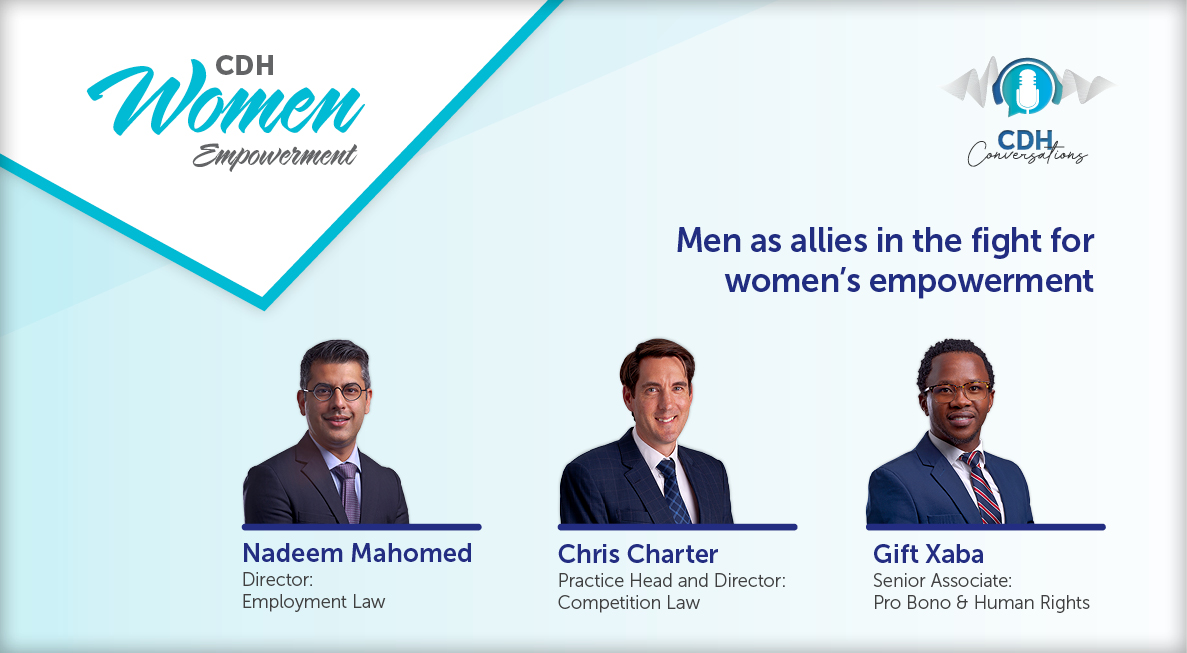Emerging trends in the private equity industry in the post-pandemic environment
As the private equity fund industry has adapted to the current economic crisis it has adopted new mitigation strategies for financial challenges brought about by the COVID-19 pandemic. In this article, we will touch on two of those mitigation strategies for both investors and private equity fund managers.
1. Investors demanding greater information rights in respect of new fund vehicles
In our experience, investors have now become far more interested in receiving information about the performance of the private equity funds in which they are invested and the underlying portfolio companies being managed. As a consequence, during investment negotiation investors are requesting the right to receive information on fund performance from fund managers more frequently and requiring that managers provide them with greater detail in order for them to monitor fund performance more closely. We have noted that investors are particularly interested in information regarding robust business continuity and risk mitigation plans in portfolio companies.
In many instances, this is an understandable demand from investors given the difficult economic circumstances. Expanded information rights for investors may be drafted into fund agreements, or where specific requests are made, into investor side letters. To this end, we have recommended to fund managers that in times of economic crisis it is important to keep the channels of communication with investors open. In addition, we have advised fund managers to keep investors apprised of changes in fund governance as part of this effort to communicate more with fund investors. In this way, fund managers are, and are seen to be, cultivating good relationships with their investors.
However, it is important to note for fund managers of new and existing funds that there may be portfolio company information which is proprietary, or which is subject to third party confidentiality agreements and arrangements, and which therefore cannot be provided to investors. Fund managers should consider this when negotiating the information rights of investors in respect of new funds being established.
2. Establishing new fund vehicles and investing in portfolio companies is more challenging
State-mandated lockdowns and other responses to the COVID-19 pandemic around the world have had a major impact on both private equity fund establishment, and on investments and disinvestments by private equity funds.
Fund managers who are already managing existing private equity funds have generally had to make concerted efforts to assist their portfolio companies to mitigate the effects of the COVID-19 pandemic and to preserve value in their existing portfolio companies for future exits. As a consequence, those fund managers have had less capacity to focus on seeking new investment opportunities which often goes hand in hand with establishing new fund vehicles.
In addition, performing traditional due diligence investigations of potential investments has become more challenging for fund managers given that many potential portfolio companies are having to make changes to their businesses over a comparatively short period to continue to operate. As a consequence, it has become far more challenging and is taking much longer for fund managers to determine the key risk areas in acquisitions of portfolio companies and then to perform meaningful business valuations.
As a consequence, fund managers have been seeking investments in industries which have been relatively unaffected by the COVID-19 pandemic, or which have experienced growth in the post-pandemic environment such as the healthcare, financial technology, and the technology industry more broadly. In addition, investors and fund managers are seeking to invest in portfolio companies with a longer-term focus whose returns may be less affected by shorter-term crises (infrastructure investments, for instance).
We have also noted that there is increased interest by investors and fund managers in establishing innovative fund structures to respond to the economic situation. We have been involved in structuring private equity fund vehicles with shorter lifespans whose target is specifically to invest in businesses requiring assistance to manage and then overcome the short-term economic difficulty created by the lockdown in South Africa.
We have also noted that there is increased interest from investors and fund managers in establishing debt fund vehicles given that there has been a decrease in institutional lending post-pandemic. Debt funds can potentially provide financing for portfolio companies in circumstances where banks and other institutional lenders are no longer providing it.
Conclusion
Though the COVID-19 pandemic has produced a challenging environment for the private equity industry, it has also produced opportunities. Investors and fund managers have an opportunity to engage with each other so that they can meaningfully manage and improve the performance of portfolio companies in a difficult economic environment. Finally, fund managers are responding nimbly to the changing economic environment with innovative fund structures which can respond directly to the challenging economic environment.
The information and material published on this website is provided for general purposes only and does not constitute legal advice. We make every effort to ensure that the content is updated regularly and to offer the most current and accurate information. Please consult one of our lawyers on any specific legal problem or matter. We accept no responsibility for any loss or damage, whether direct or consequential, which may arise from reliance on the information contained in these pages. Please refer to our full terms and conditions. Copyright © 2025 Cliffe Dekker Hofmeyr. All rights reserved. For permission to reproduce an article or publication, please contact us cliffedekkerhofmeyr@cdhlegal.com.
Subscribe
We support our clients’ strategic and operational needs by offering innovative, integrated and high quality thought leadership. To stay up to date on the latest legal developments that may potentially impact your business, subscribe to our alerts, seminar and webinar invitations.
Subscribe




